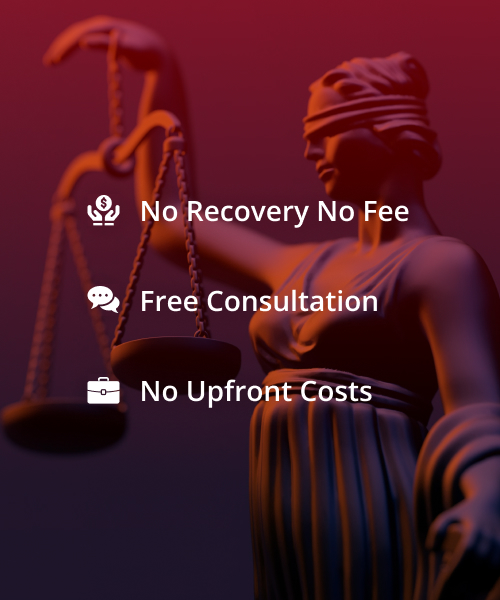- Free Case Evaluation: (305) 577-3777 Tap Here to Call Us
What to Say to an Insurance Company After an Accident

If you’ve been injured in an accident involving a vehicle, or boat, or due to a slip and fall here in Florida, if an insurance company contacts you, be very careful about what you say. This is not a conversation with a friend or family member. It’s from a company trying to pay you as little as possible for your injury. They can use your statements in the future so it is best to say as little as possible.
If you’re seriously injured in an accident due to someone else’s negligence, Jeffrey R. Davis, PA, can help you obtain compensation for the harm you suffered. After receiving medical care, contact our office to discuss the situation. You may want us to talk to the insurance company, depending on what’s happening.
What to Say and How to Say It
You may be very angry or upset about what happened. If an insurance adjuster calls, speak in a calm and professional tone. They didn’t cause the accident, and they don’t know their policyholder. They’ve been assigned your file, and they’re doing their job. Unloading on the adjuster won’t help you or your claim.
Tell them you’re consulting with an attorney, and you’ll call them back later. If you’ve already retained our services, give them our name and telephone number. If you decide not to hire an attorney, here are some tips to help protect your legal rights.
1. Avoid Admitting Fault
Never admit fault, even if you believe you might be partially responsible for the accident. If you do, you may seriously harm your chances of receiving fair compensation. Insurance adjusters may blame you for the accident and use your statement against you to reduce the amount they pay you.
2. Don’t Give Excessive Details
Keep it simple. When recounting the accident to an insurance company, being truthful is essential, but providing too many details can be counterproductive. Insurance adjusters might try to twist your words or find inconsistencies to weaken your claim. Stick to the critical facts of the accident, such as the date, time, location, and the parties involved. Avoid speculating about details you are uncertain about because if you’re wrong, it may be used against you later.
3. Don’t Speculate About Your Injuries
Stick to basic information about your injury, and don’t go into details about how it’s affecting you. Don’t speculate, guess, or predict anything. Downplaying your injuries can only hurt your claim. Assuming you have gotten medical care by now, tell them your diagnosis if you have one. Don’t bring up any past injury or current condition that may be impacted. The insurance company will get medical records concerning your injury as part of the claims process. Let your records speak for you.
4. Don’t Talk About Settlement
It’s too early to discuss what amount of money you want to settle your case because you don’t know how your injury may affect you over time. If the adjuster brings it up, politely decline to discuss the issue.
5. Don’t Consent to Having a Statement Recorded
Under federal and Florida laws, it’s illegal to record a phone call without all the parties’ consent. If the adjuster asks for a recorded statement, decline the offer. What you say may not turn out to be accurate, and that hurts your credibility. Recorded statements only benefit the insurance company, not the accident victim.
Get the Help You Need From a Lawyer You Can Trust
Personal injury attorney Jeffrey R. Davis has helped thousands of clients like you. They have been injured in a car accident and are seeking answers and fair compensation. Call us at (305) 577-3777 or fill out our online contact form today to schedule a free consultation.









